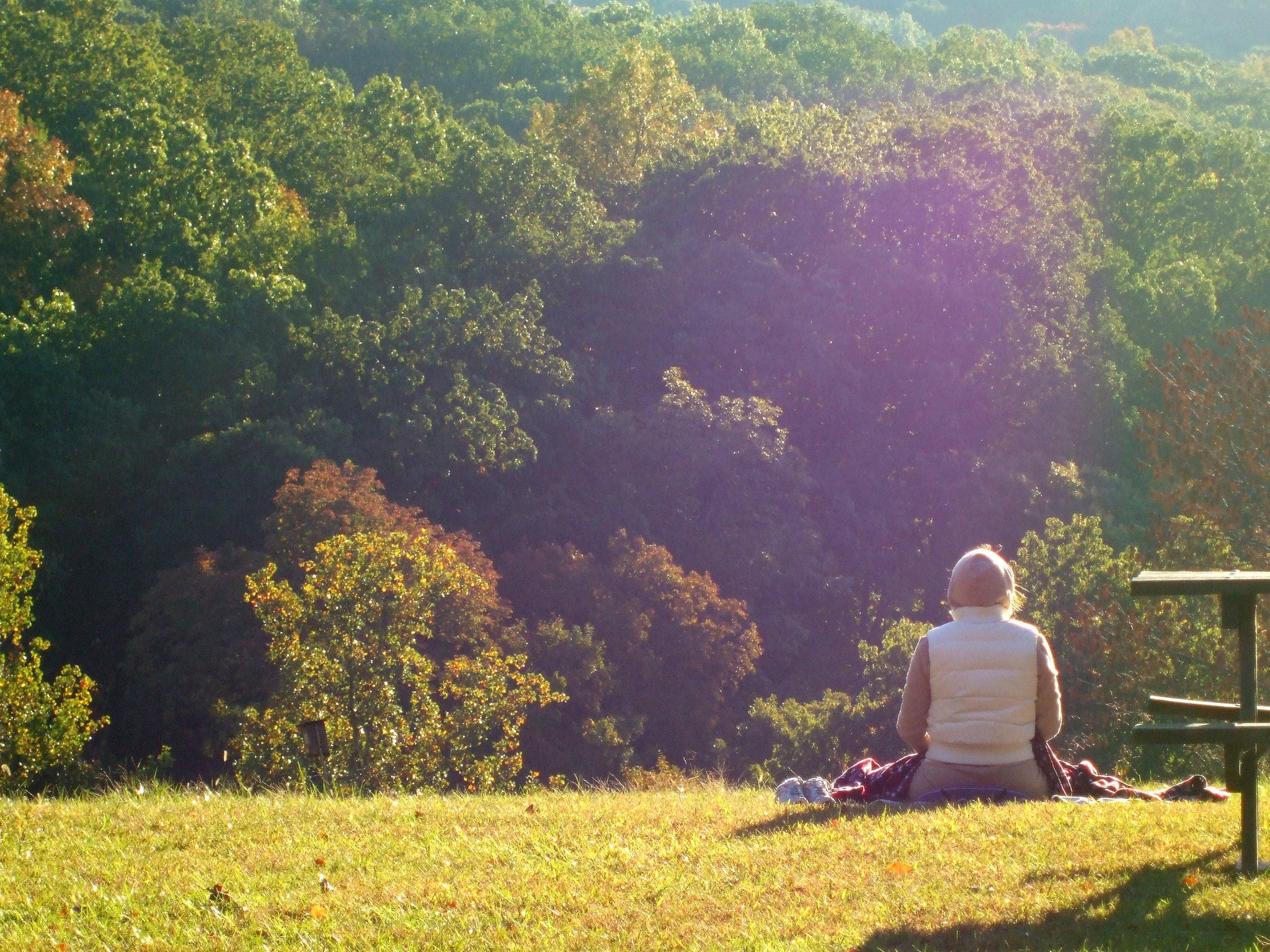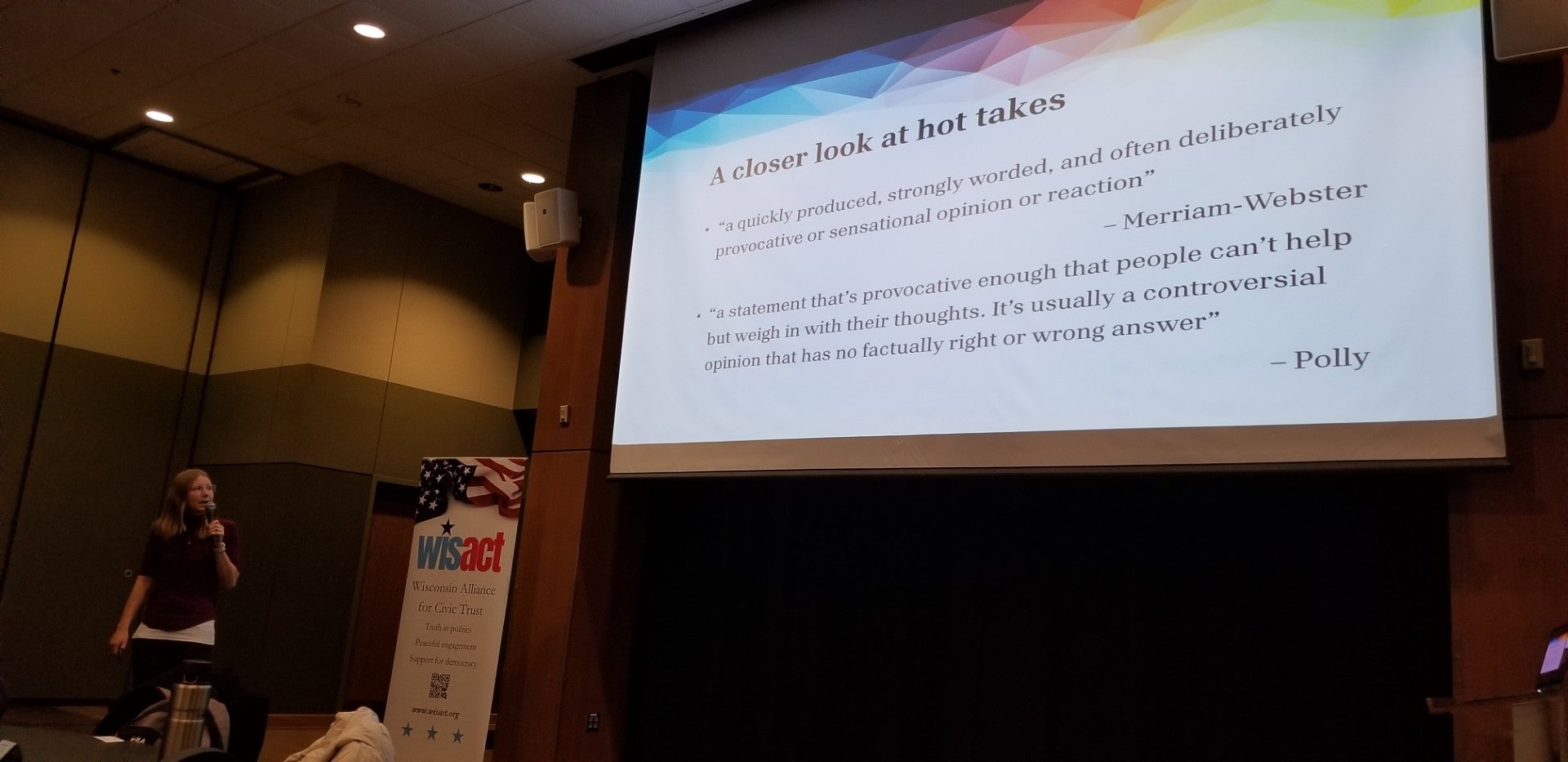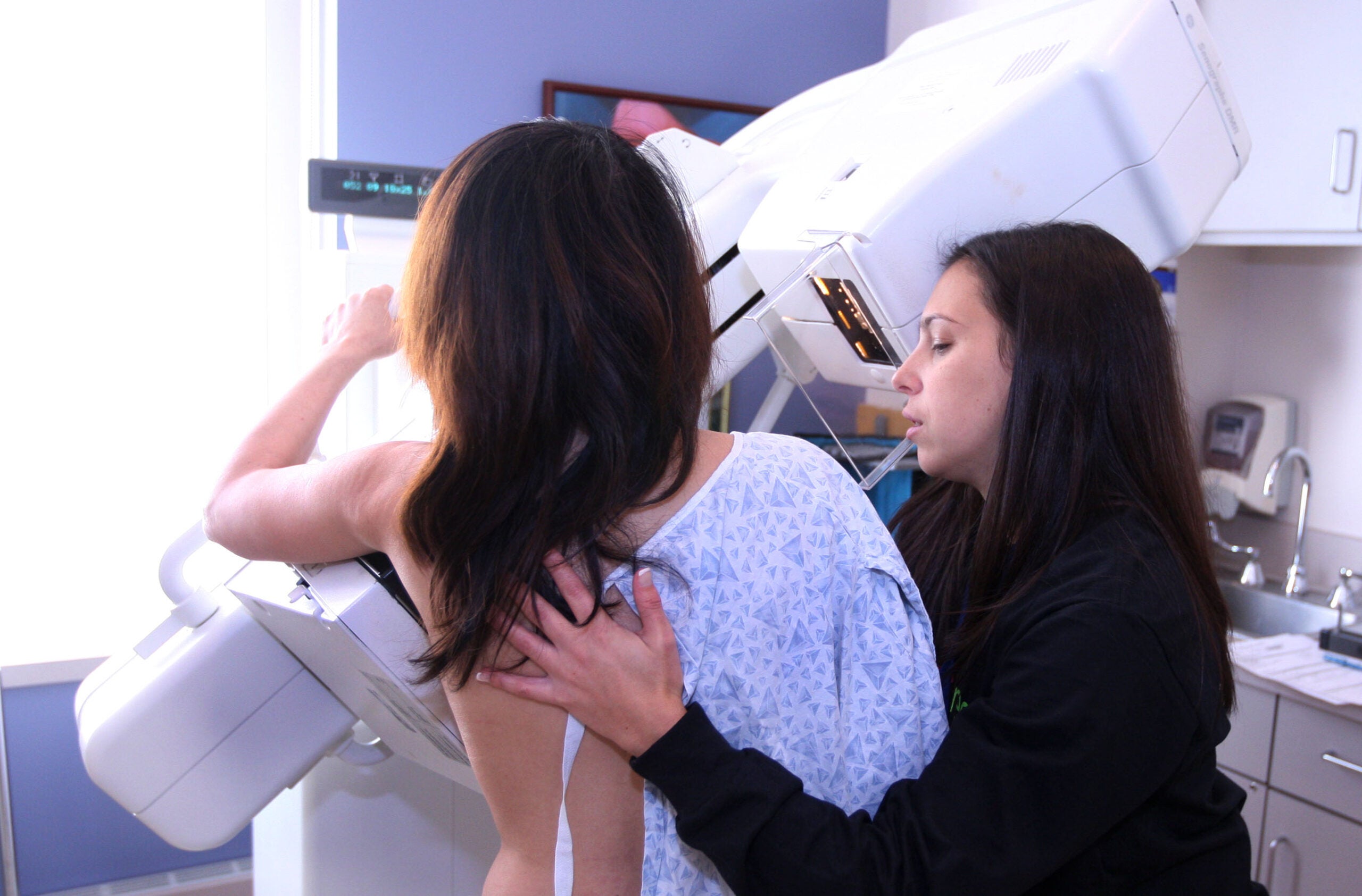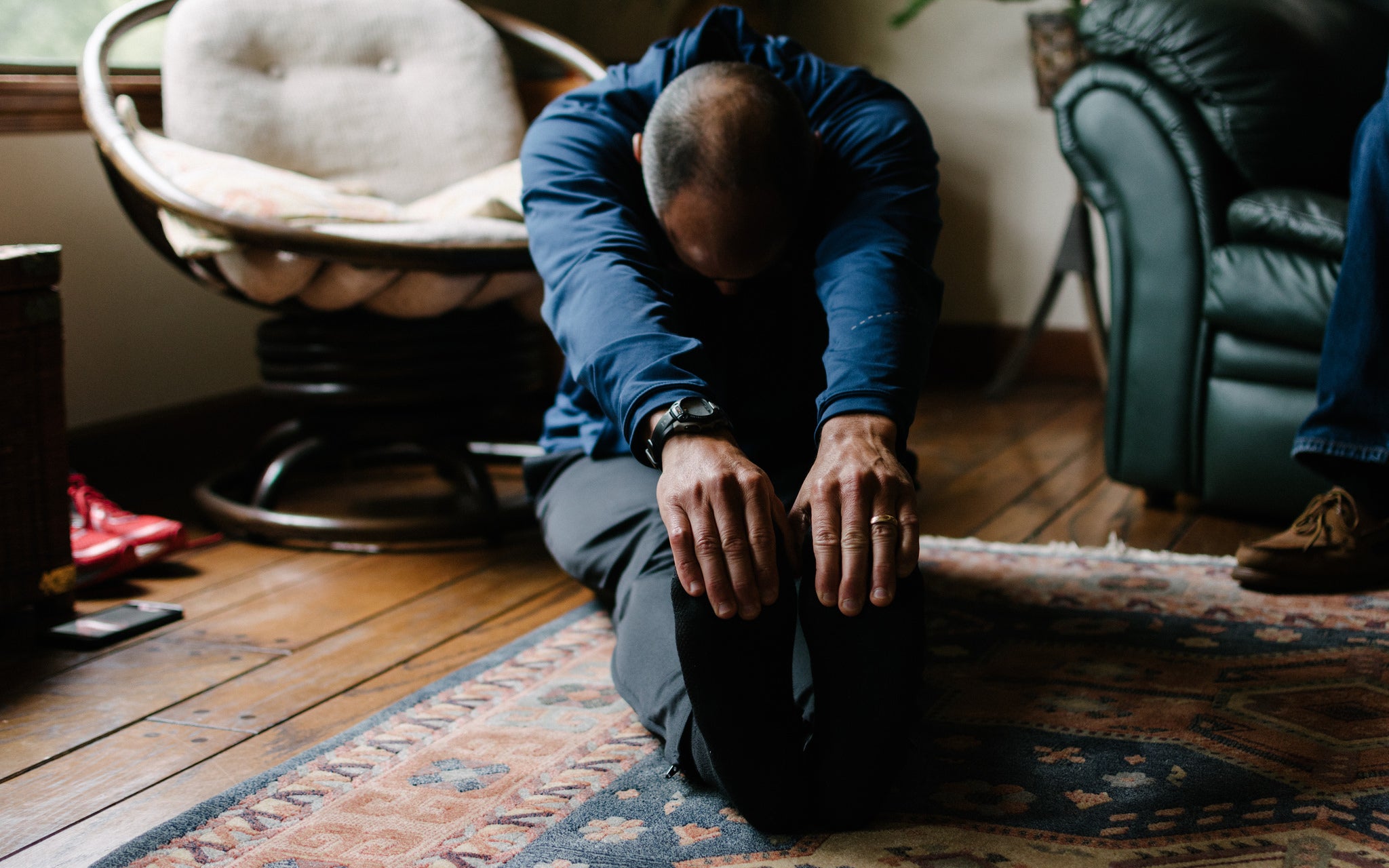Living in the time of the new coronavirus pandemic has increased stress and anxiety for many people. There are concerns about being able to maintain a job and income, helping children adjust to online learning, and also the fear of falling ill with COVID-19, or seeing a loved one suffer from it.
Richard Davidson, a professor of psychology and psychiatry at the University of Wisconsin-Madison and the founder and director of the Center for Healthy Minds, says that in this time of unusual challenges, we have also been cut off from many of our usual coping techniques.
“We’re clearly facing unprecedented times, and it’s really challenging for all of us, there’s absolutely no denying that,” Davidson said. “At the same time, we’re being asked to engage in changes in our lifestyle that contribute to our anxiety and stress,” he said.
News with a little more humanity
WPR’s “Wisconsin Today” newsletter keeps you connected to the state you love without feeling overwhelmed. No paywall. No agenda. No corporate filter.
“Social distancing” is the term commonly being used for limiting close physical contact to lessen the risk of spreading the coronavirus. Davidson thinks reframing the concept might be useful.
“Fortunately, we’re living in an age where we can physically distance, and at the very same time, we can actually socially connect, not socially distance,” he explained.
Even with changing the phrase from social distancing to “physical distancing,” Davidson still thinks there is a negative connotation to the concept. So he would like people to think of the act of trying to prevent contagion in a much more positive light.
“This is actually an act of kindness, an act of compassion toward ourselves and toward others. So if we can reframe our behavior, if we can reframe the instruction that we’re being given, and reflect on how, when we make a commitment to engage in physical distancing, we’re actually engaging in an act of generosity toward others,” he said. “It can really help to change our relationship to the predicament in which we find ourselves.”
With any behavior change, it can take a while to stick. To help with this reframing, Davidson suggested taking a few moments each day to reflect on why we are keeping a physical distance, and the people who we hope to keep safe as a result, both those near and dear, and those in our global community.
Davidson said that meal times can be a natural reminder to focus on the change we have been asked to make, since sharing food is often a way that we socialize in more normal times.
One of the concepts that Davidson promotes is called compassion meditation, and in the time of COVID-19, it can be a useful technique. He explained that it involves focusing on yourself or someone else who is facing a challenge, and setting an intention that they be relieved of the difficulty they are dealing with.
“We can simply spend a few moments reflecting on each person,” he said. “And we can use a simple phrase like, ‘May you be safe and healthy,’ and then move on to another person, and then simply rest, and become aware of whatever sensations, or feelings, or thoughts may arise.”
At the Center for Healthy Minds, researchers study brain changes in subjects who practice different types of meditation, and Davidson said the science is there to support practices like compassion meditation and their beneficial emotional and physical effects.
Davidson encourages people practicing compassion meditation to reach out to the person on whom they focused their attention and let them know that they are in their thoughts.
“That simple act is something that can be so consequential for another person’s wellbeing, and virtually all of us have the technology to do that,” he said.
Technology can also be a way to cultivate this and other mindfulness practices. Davidson shared that the Center’s Healthy Minds program is free online, and provides lessons for anyone to begin or continue their own practice.
“They’re guided practices that you can do each day, that are very, very simple and accessible,” he said, “and they’re meant to be for all people, it doesn’t require any prerequisites. And you can learn, in the privacy of your own home, right now.”
Wisconsin Public Radio, © Copyright 2025, Board of Regents of the University of Wisconsin System and Wisconsin Educational Communications Board.







